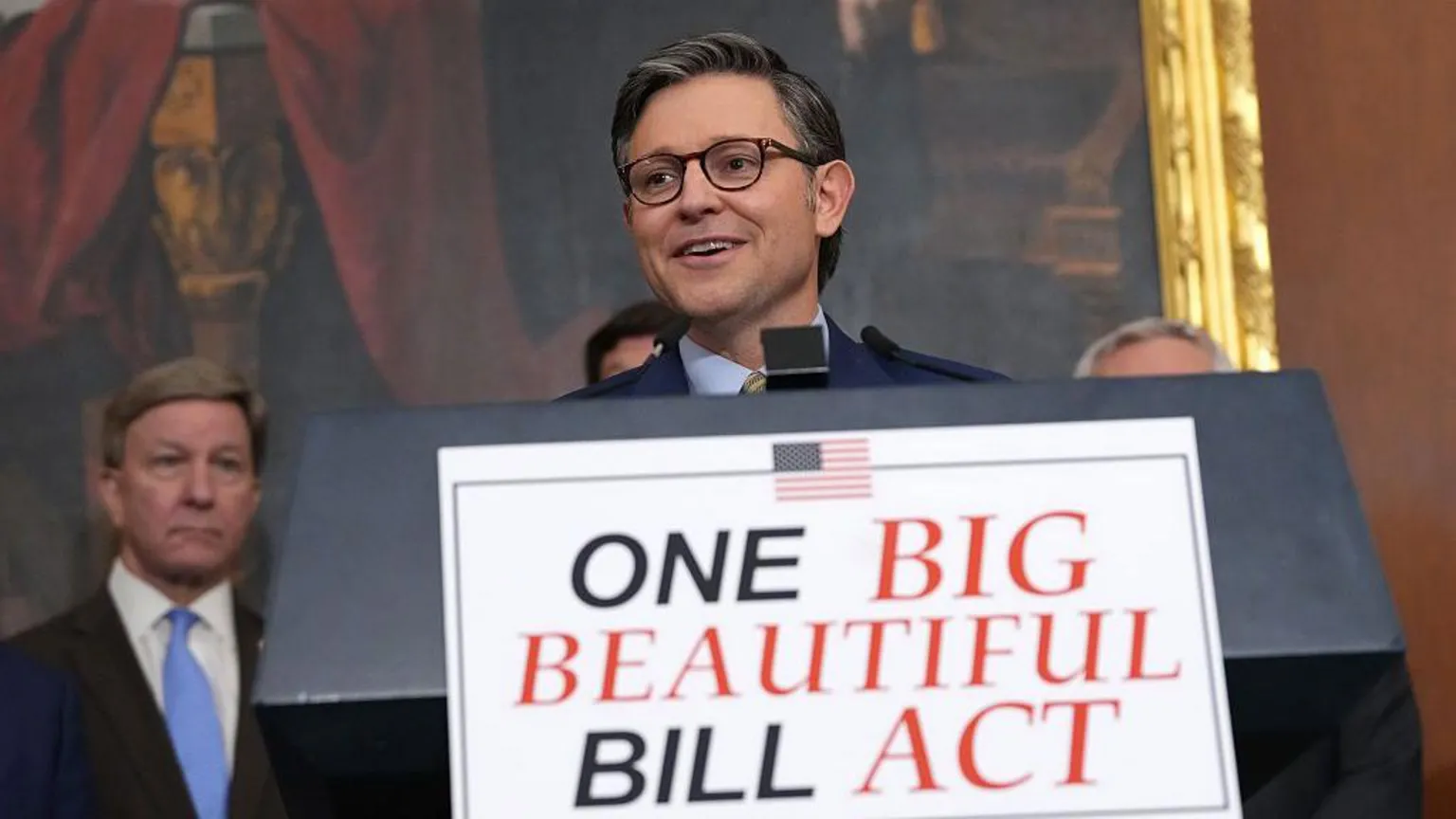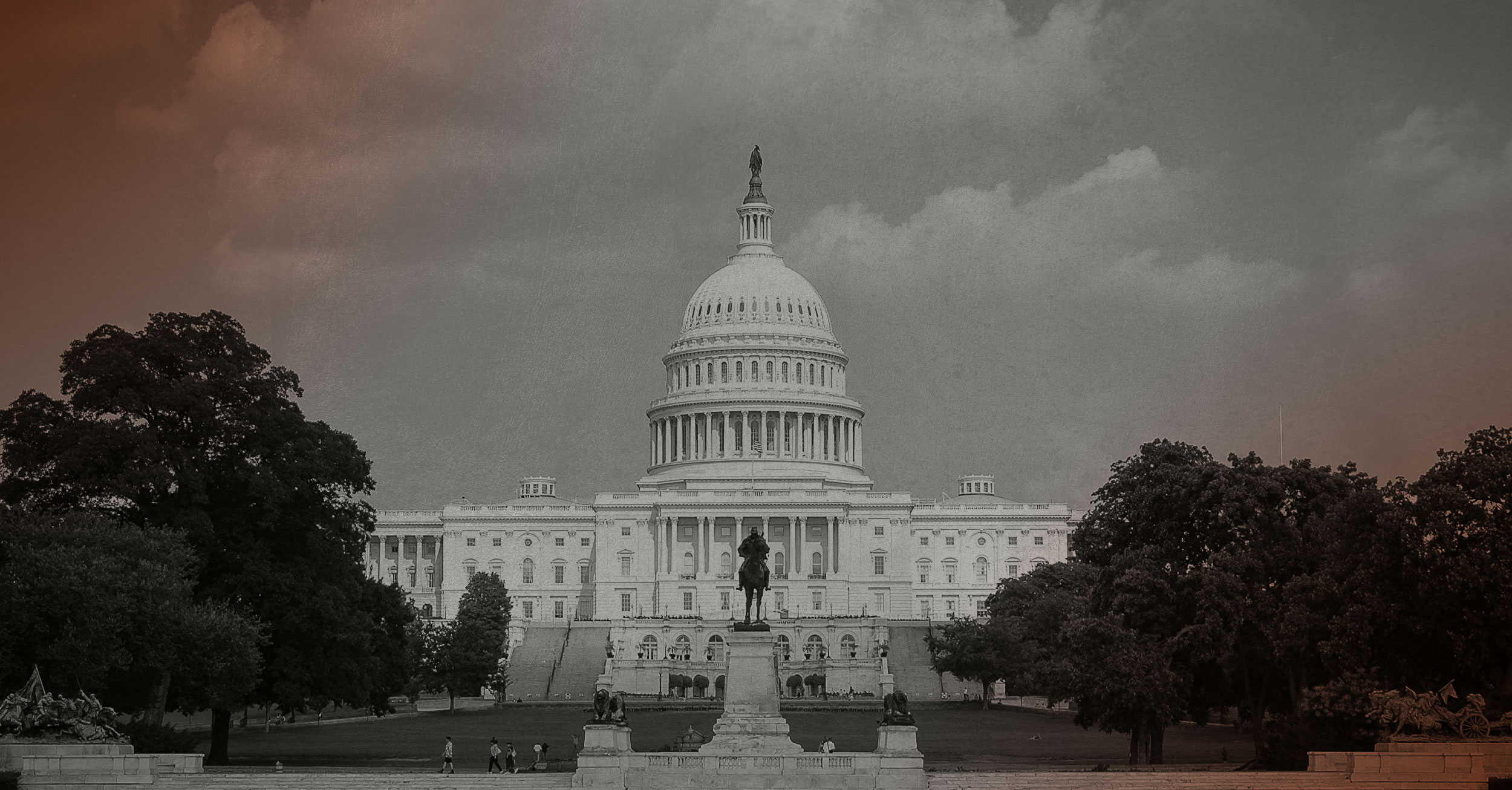Trump-Backed Budget Bill Faces Backlash Over Health Cuts and Soaring Debt | News Ghana
Officially titled the One Big Beautiful Bill Act, the legislation narrowly cleared a procedural vote in the Senate late Saturday by a 51–49 margin. Republican Senators Thom Tillis of North Carolina and Rand Paul of Kentucky broke party ranks, citing concerns over the bill’s long-term effects. Tillis later announced he would not seek reelection, highlighting potential damage to healthcare funding in his home state.
At the heart of the controversy is a proposed $1 trillion cut to healthcare, primarily affecting Medicaid—the federal program that supports low-income, elderly, and disabled individuals. The bill would impose new work requirements for recipients and reduce federal contributions to state-run programs beginning in 2028, shifting significant financial burdens to state governments.
Democrats have condemned the bill, framing it as a transfer of wealth to the rich at the expense of the vulnerable. “This is tax cuts for the wealthiest to end up cutting healthcare, plain and simple,” said Senator Mark Warner, a Democrat from Virginia.
According to the nonpartisan Tax Policy Center, over 80 percent of Americans would receive tax cuts next year under the plan. However, the wealthiest income groups would see the largest proportional gains. Key tax provisions include deductions on Social Security benefits and the elimination of taxes on overtime pay and tips. The bill also proposes making the 2017 Trump-era tax cuts permanent.
In addition to healthcare reductions, the legislation tightens access to the Supplemental Nutrition Assistance Program (SNAP) by requiring adults with children over age 14 to meet work requirements. In a bid to appease concerns from rural-state Republicans, the bill increases a rural hospital relief fund from $15 billion to $25 billion.
With Republicans holding 53 seats in the Senate, they can afford no more than three defections. Vice President JD Vance has indicated he will cast a tie-breaking vote if needed. Democrats, meanwhile, have employed procedural tactics to slow progress, including a 16-hour mandated reading of the nearly 1,000-page bill. They are expected to exhaust the full 20-hour debate window to further delay a final vote.
Despite the opposition, Trump praised the Senate’s advancement of the legislation, calling it a “great victory.” The White House has warned that failure to pass the bill would be “the ultimate betrayal” of the administration’s goals.
Supporters of the bill argue it promotes fiscal responsibility by reducing fraud and incentivizing work. However, the combination of deep healthcare cuts and expanded tax relief for higher-income earners has sparked intense debate over the nation’s priorities.
As the July 4 deadline set by Trump approaches, the final Senate vote remains uncertain, with the outcome likely to carry significant political and economic consequences.
Follow on Google News










